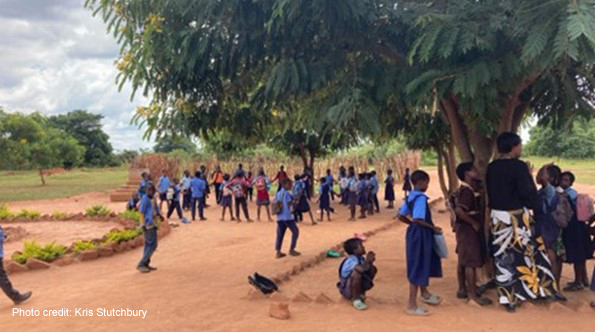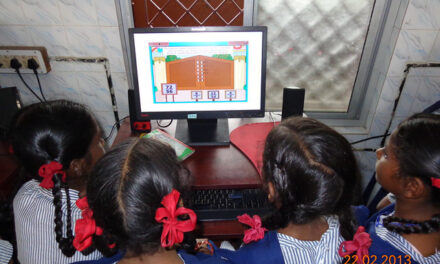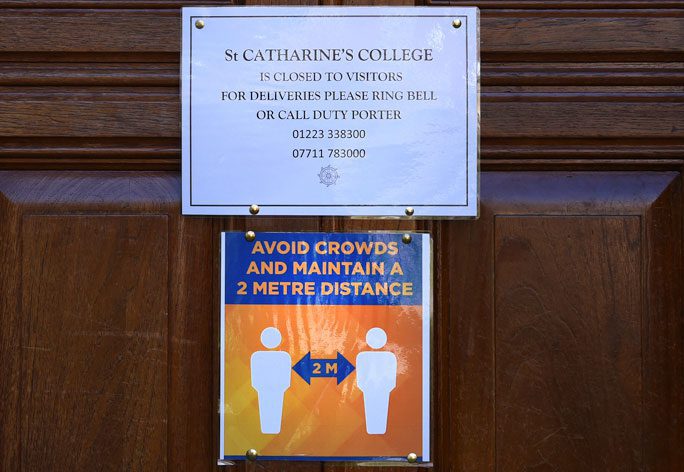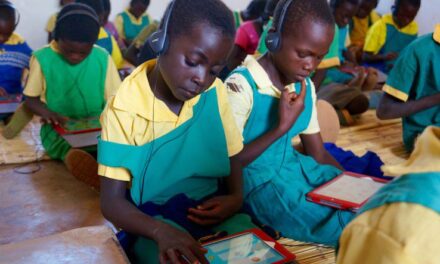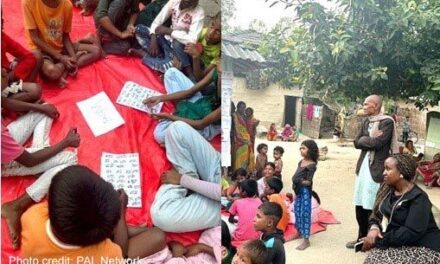This blog was written by Dr Jennifer Agbaire (The Open University, UK), Dr Kris Stutchbury (The Open University, UK), and John Phiri (World Vision Zambia). In this blog they examine the issue of marginalisation. The stories are real, but the names have been changed.
Joseph is a volunteer teacher in a rural community school in Zambia. The school has recently been upgraded to a government school as part of efforts to raise the status and improve the conditions of such schools which serve some of the poorest and most marginalised populations in the country. Joseph set up the school several years before. He worked in the location and would often find many children playing outside during school hours as the nearest government school was too far away for them to reach. Over time, he established the school, working himself as a volunteer teacher and head teacher, supported by two other volunteer teachers – Jacob and Martha. Neither Joseph nor his supporting teachers have formal teacher qualifications. They are therefore classified as unqualified teachers.
On upgrade of Joseph’s school, the Ministry of Education appointed a head teacher and another qualified teacher from a different town was appointed. Joseph carries on teaching at the school but, without qualifications, his future is uncertain and his status reduced from founding head teacher to unpaid volunteer. He has started studying for a diploma ,but he is not sure he will have enough tuition money to complete the qualification. Jacob has already left. Martha remains, teaching Early Years classes. Like Joseph, she has no clear path to becoming qualified. Her ability to seek advancement is further limited by her family commitments and her husband’s work.
The story of Joseph and his volunteer colleagues is not unusual. Until 2022, 25% of primary schools in Zambia were classed as ‘community schools,’ established by local communities, often in remote locations, to ensure that their children could attend school. These schools received little or no support from the government and are staffed largely by volunteers, often supported by the community who provide accommodation, food or sometimes a meagre stipend rather than a salary. Many of these schools were relatively successful – testament to the support provided by the community and the dedication of the volunteer teachers. Nonetheless, community schools are considered to be ‘marginalised’ based on their remote location and lack of resources. In 2022, the government started an upgrade programme with the aim of bringing these schools into the mainstream.
Under the government’s upgrade programme, qualified teachers who are government employees are posted to a school, and often given leadership responsibility as an incentive to move to a remote community. The provision of these qualified teachers is conceived by policymakers as a way to reduce the marginalisation of such communities and achieve equity. They envisage that by having access to resources and qualified teachers, community schools will become mainstream government schools. Joseph’s story suggests that it is not as simple as it sounds.
In our research project for the Empowering Teachers Initiative: Teacher Professional Development at Scale entitled, ‘Achieving quality, equity, efficiency and sustainability in TPD@Scale in Zambia,’ which is investigating the professional development needs of community school teachers, we have found that ‘marginalisation’ is much more complicated and nuanced than policy grants. The inequalities run deep – they are multifaceted, structural and often affecting women teachers in more complex ways than men. Like Martha’s predicament, Florence’s story further highlights this complexity.
Florence works in another recently upgraded community school. She is a qualified teacher who chooses to remain teaching in the community where she has lived for 13 years. She obtained a degree in this time but is still only paid at the salary scale of a diploma holder. Her family are settled in the area, and she enjoys working in this community. Accepting a re-posting in exchange for a promotion would not be easy for her.
Before the upgrade, the school was known to do very well in the national examinations. It had several volunteer teachers, unqualified but experienced and with a good knowledge and understanding of the community. Since the upgrade, changes have occurred. Many of the volunteer teachers have left to be replaced by trained teachers posted from elsewhere. For some of these newcomers, it is an opportunity for promotion, but they do not stay long in this remote community before seeking the next step. Florence drew our attention to the examination results displayed on the wall. In the last few years, results have declined significantly, and it is difficult not to conclude that staff turn-over and the loss of local expertise have contributed to this.
Florence is staying in the community she calls home. From time to time, she thinks about many of her contemporaries from university who work in the city and are being paid what they’re worth.
In this context, policy addresses marginalisation solely as a community-level issue – by providing qualified teachers and more resources, the ‘community’ is being supported. This often precludes attention to the implications for individual teacher circumstances, categories and sub-categories which may advance their marginalisation within the system. With regards to equitable and inclusive teacher professional development for quality learning experiences and outcomes, might marginalisation not also be addressed as an individual issue? As a result of upgrade changes, and the unwavering conception that paper qualifications define an effective teacher, individuals – volunteer teachers – in traditionally marginalised communities are being marginalised in new ways, and communities are losing a valuable resource in the process.
Volunteer teachers often have a wealth of expertise, gained through the lived experience of being embedded in a community. Teaching is a relational activity and the relationship between these teachers and the community is often very strong. However, the practical, contextual knowledge that they hold is not valued compared to theoretical knowledge gained on diploma and degree programmes, so they are not paid by the government. At the same time, the provision of free education for all means communities are reluctant to continue to pay for teachers. ‘Many community schools that were operating well with volunteer teachers in 2021 were unable to continue doing so as volunteer teachers had discontinued their services because members of the community were not willing to remunerate them’ (p. 6).
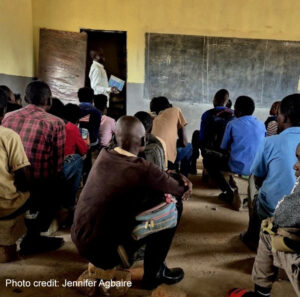 ‘Equity’ is perhaps about recognising and valuing knowledge and skills that matter in a particular context. It is also about options. Martha wants to continue to teach. She would like to study herself but feels that she has no prospect of this as she has to look after her children. The system for accessing some available opportunities for teacher upgrade is also neither clear nor guaranteed, and many volunteers like Joseph have to self-fund. Others, including qualified teachers like Florence who have settled in the community, do not have the ability to simply move locations. Florence is passionate about her school, settled in the community and wants to remain. But the lack of recognition of her commitment and qualification because of her remote location is increasingly demoralising and demotivating.
‘Equity’ is perhaps about recognising and valuing knowledge and skills that matter in a particular context. It is also about options. Martha wants to continue to teach. She would like to study herself but feels that she has no prospect of this as she has to look after her children. The system for accessing some available opportunities for teacher upgrade is also neither clear nor guaranteed, and many volunteers like Joseph have to self-fund. Others, including qualified teachers like Florence who have settled in the community, do not have the ability to simply move locations. Florence is passionate about her school, settled in the community and wants to remain. But the lack of recognition of her commitment and qualification because of her remote location is increasingly demoralising and demotivating.
In our research stories, well-intentioned actions – the provision of resources and qualified teachers to remote Community schools – have had unintended consequences. Levels of achievement have declined and people who have embedded themselves in, and served the community for many years, are no longer valued as teachers because they do not have paper qualifications acquired through formal training. Due to lack of these qualifications, they are unable to get employed by the government as permanent teachers.
Schools and teachers are at the centre of a complex web. These stories show that making a change to one part of the web has wider consequences than is often imagined. Achieving equity and reducing marginalisation is about much more than resources and qualifications. It is about valuing local knowledge and expertise, critically examining the consequences of policy decisions for all concerned and providing opportunities for those teachers with the greatest need. Our ongoing research seeks to find ways in which this can be achieved.
Acknowledgement and disclaimer
Our research is being carried out with the aid of a grant from the International Development Research Centre (IDRC), Ottawa, Canada, as part of the “Empowering Teachers Initiative: Teacher Professional Development at Scale”, a global research for development program jointly implemented by the Foundation for Information Technology Education and Development (FIT-ED) and SUMMA under the TPD@Scale Coalition for the Global South. The views expressed in this work are those of the authors and do not necessarily represent those of IDRC or its Board of Governors, FIT-ED, SUMMA, or the Coalition or any of its members.

